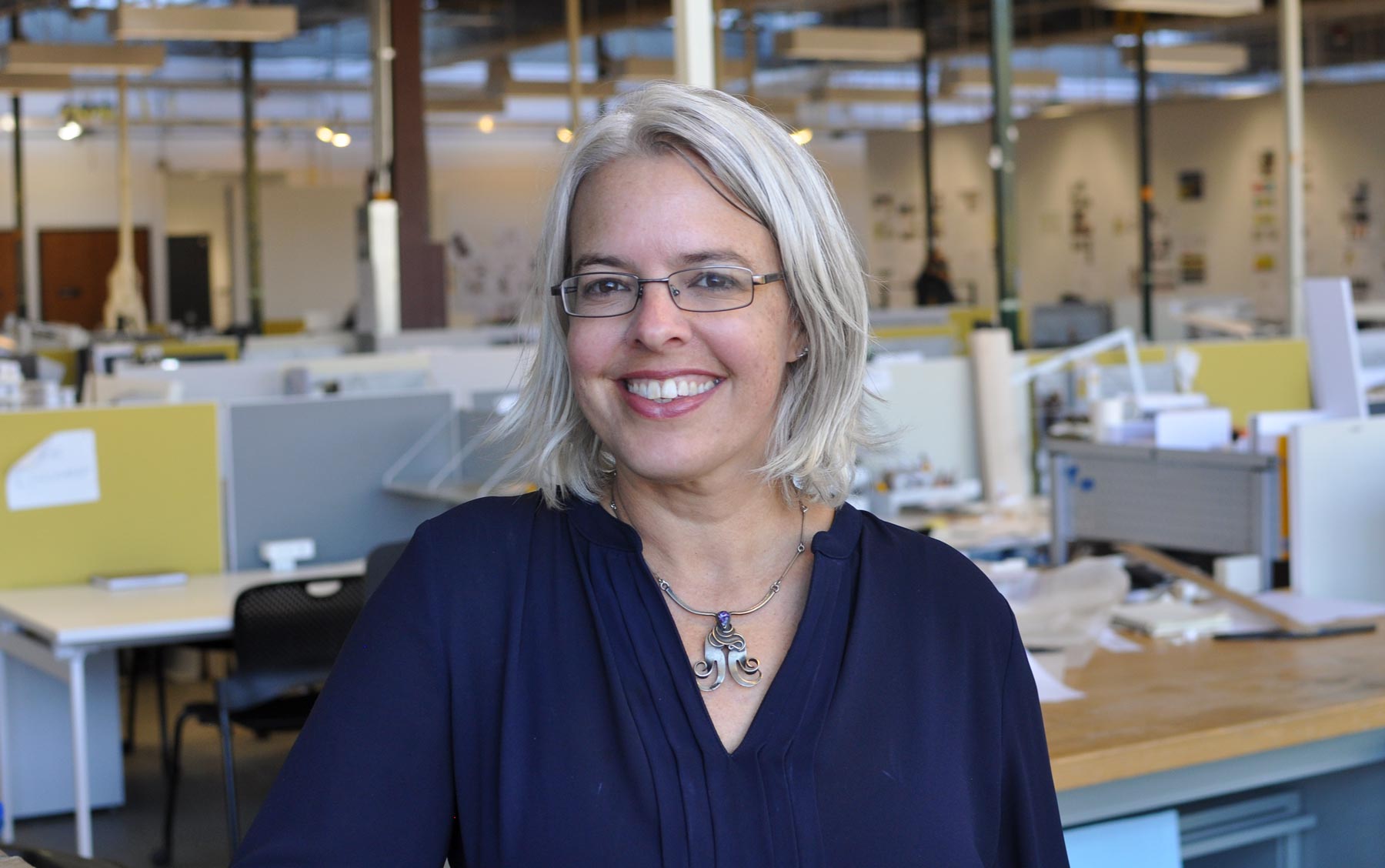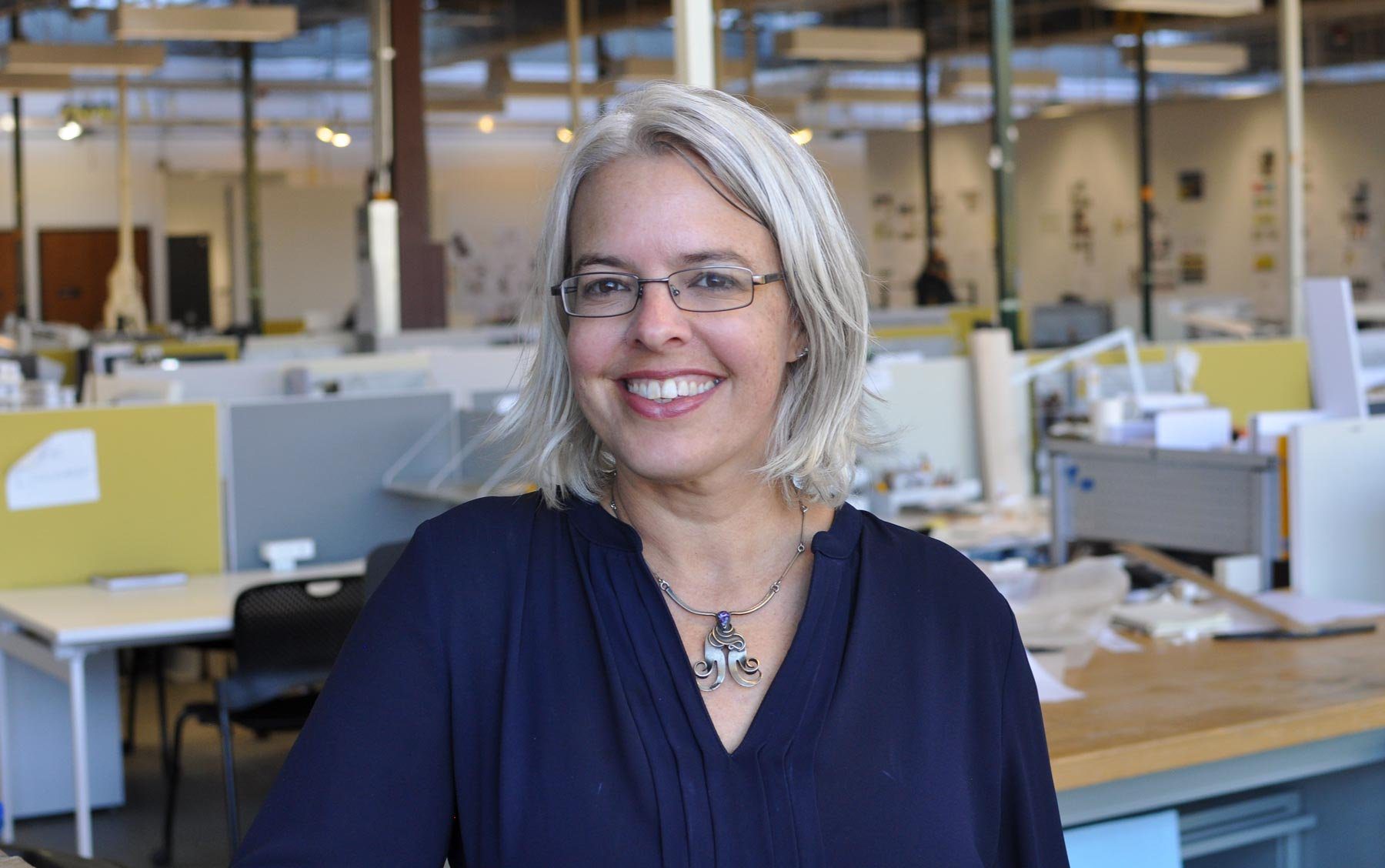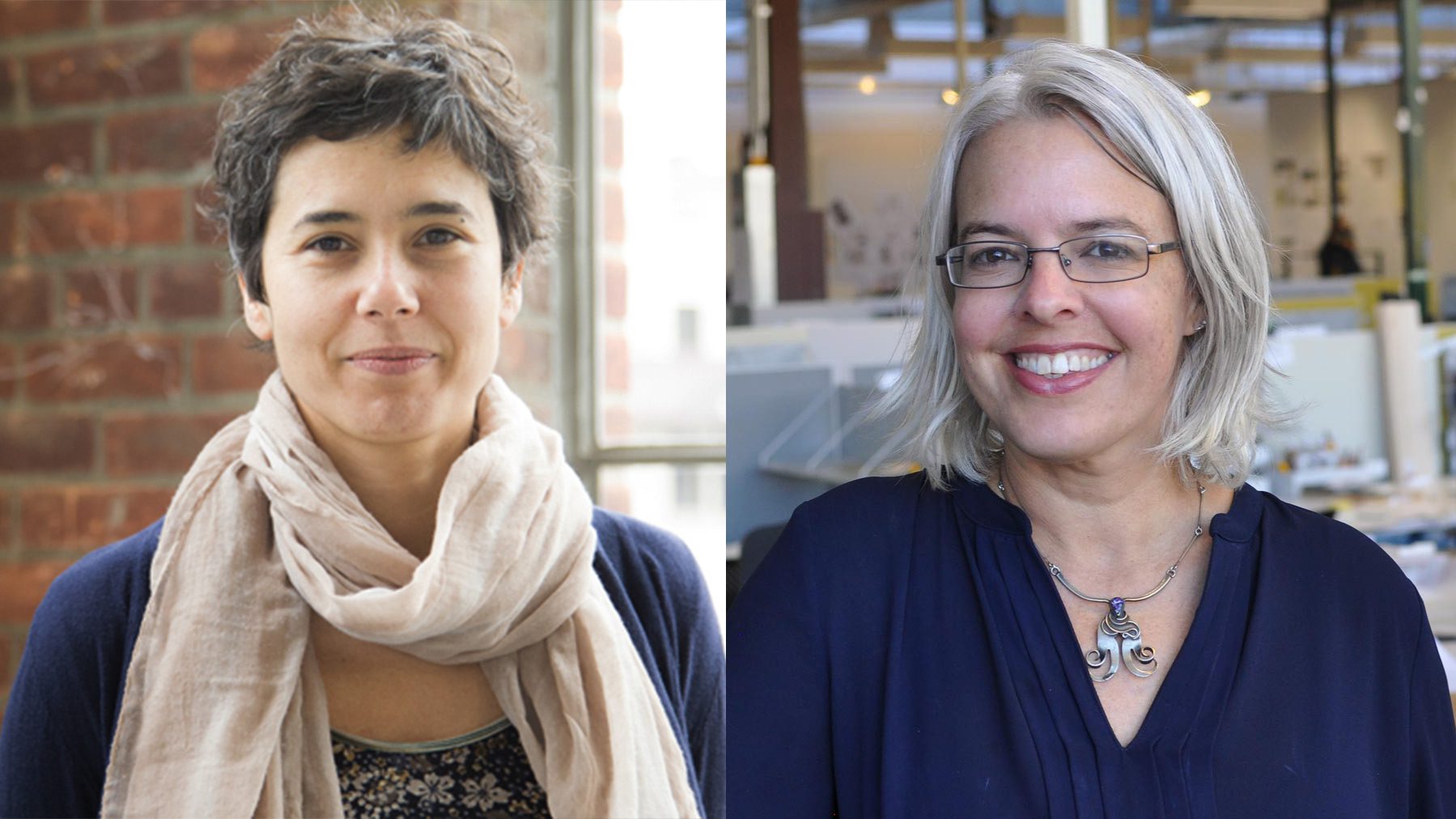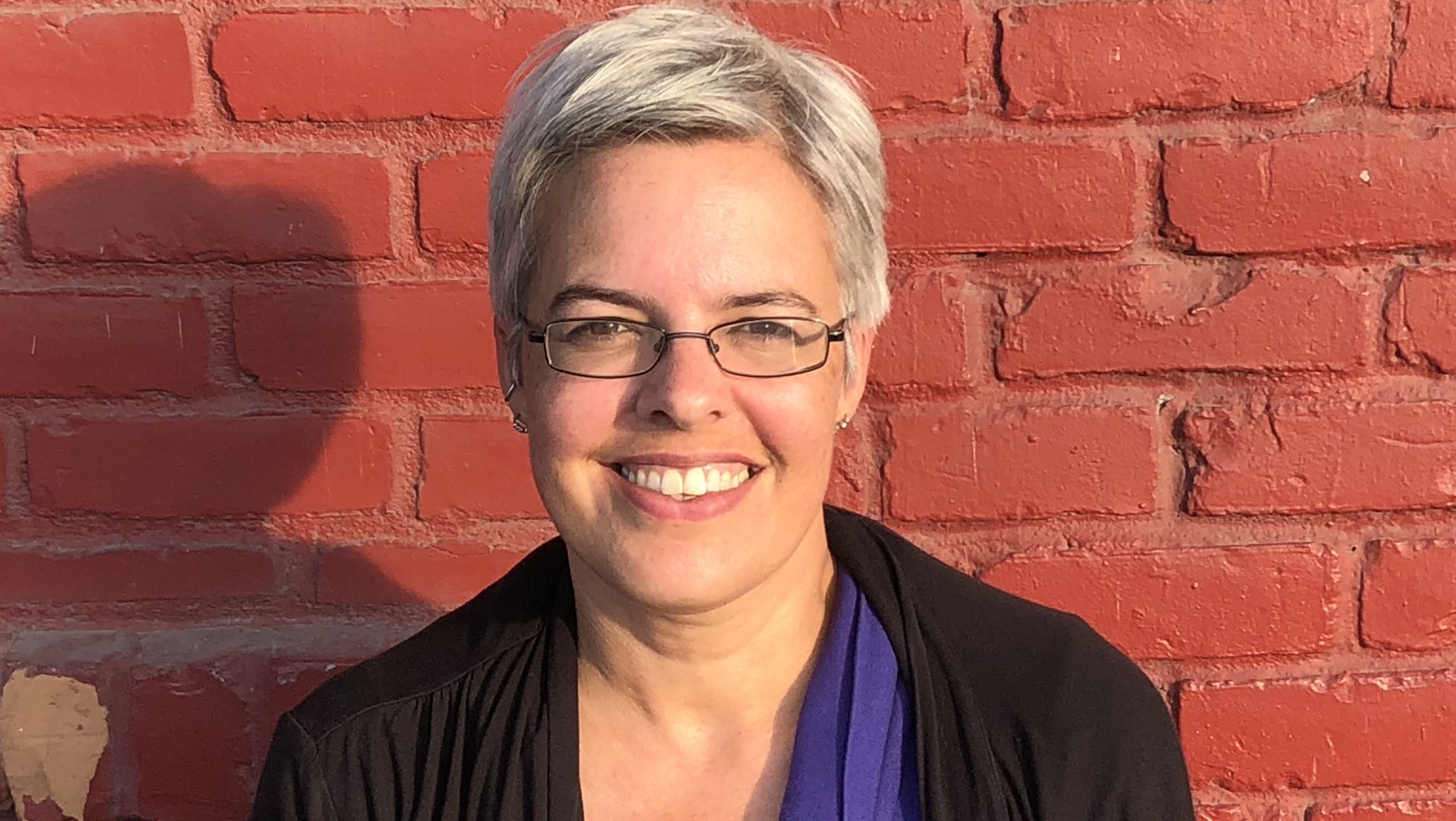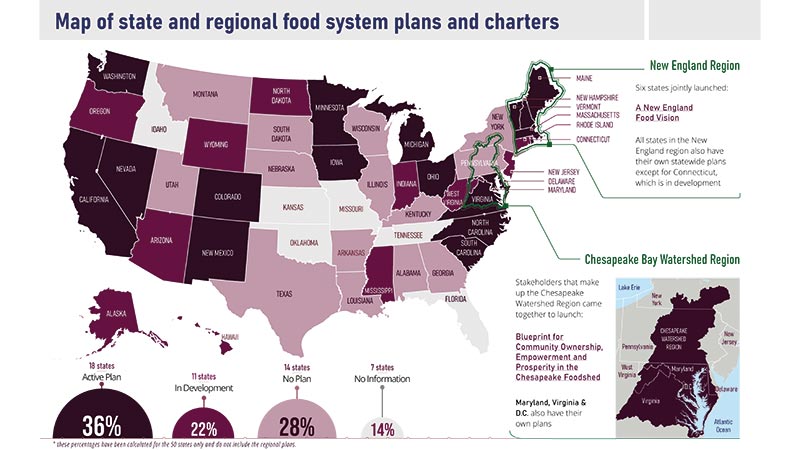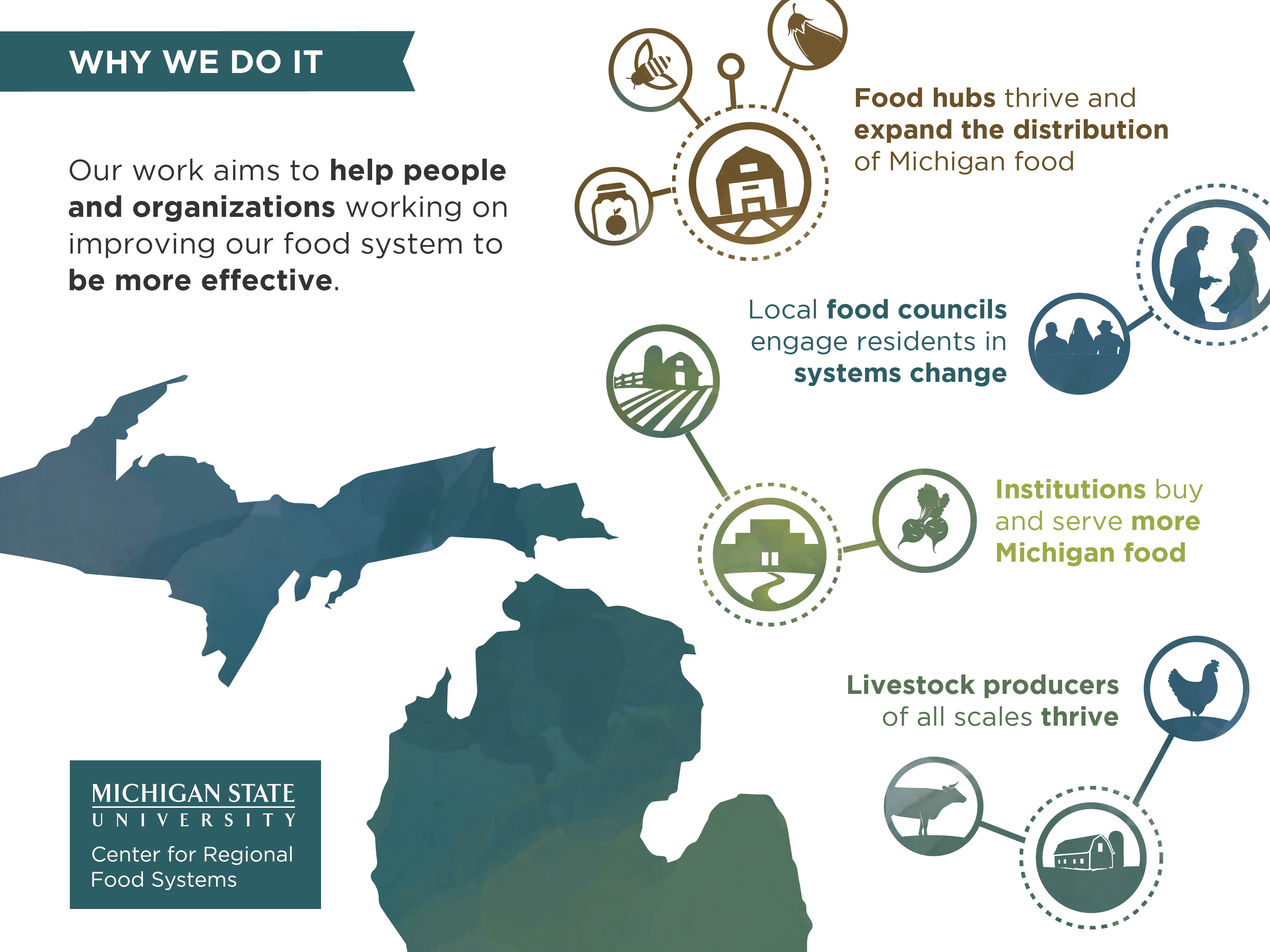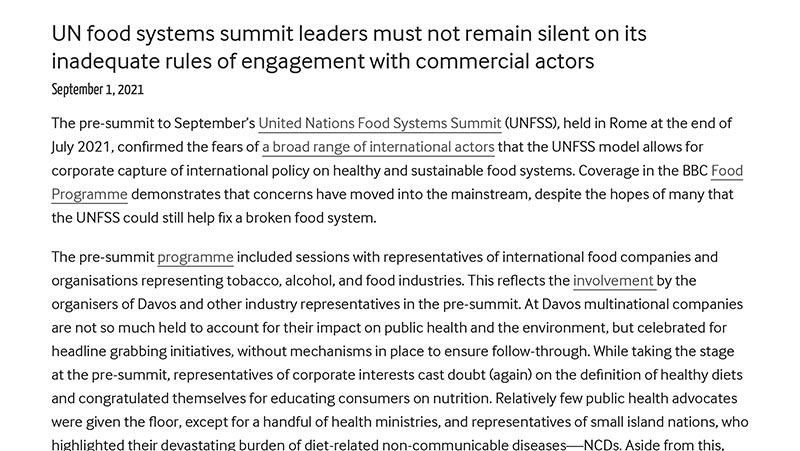Lesli Hoey is director of the urban and regional planning doctoral studies program and an associate professor of urban and regional planning. She teaches graduate courses in food systems policy and planning, international planning in low-income countries, and program evaluation methods. Dr. Hoey uses food systems as a lens to study grassroots- and government-led efforts to achieve a more equitable, sustainable and healthy society. She is particularly interested in the intersection of food policy advocacy, planning, implementation, and evaluation.
Her current projects examine collaborative initiatives and policy advocacy aiming to improve healthy food access and local food economies in Michigan; food environments and other factors in rapidly urbanizing metropolitan areas influencing Bolivia’s dual burden – the persistence of undernutrition alongside the rise in diet-related disease; and mechanisms to achieve sustainable diets. Her work in Bolivia since 2018 has also covered advocacy strategies for mainstreaming nutrition into the national policy agenda; the political and logistical challenges of establishing multisectoral food policy; innovative land redistribution approaches; factors constraining nutrition interventions in rapidly urbanizing contexts; approaches for integrating evidence-based and experiential knowledge in food and nutrition evaluation; and “adaptive” forms of food policy implementation that are iterative, collaborative, and negotiated.
Prior to pursuing graduate studies, Hoey worked as a program evaluator and action researcher, focusing on equity-oriented K-12 and higher education programs in the US as well as rural development, malnutrition and food security projects in the Mississippi Delta, Peru, Albania and Bolivia. She earned a Ph.D. and Master’s in city and regional planning from Cornell University and a B.A. in psychology from Earlham College.

